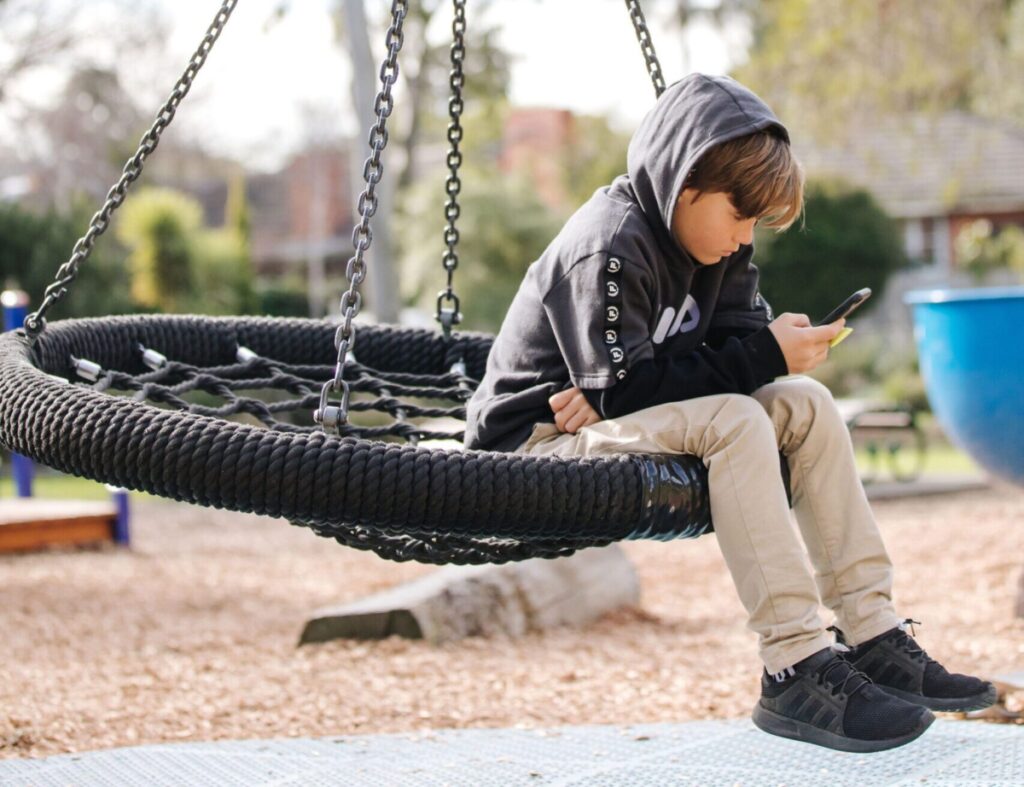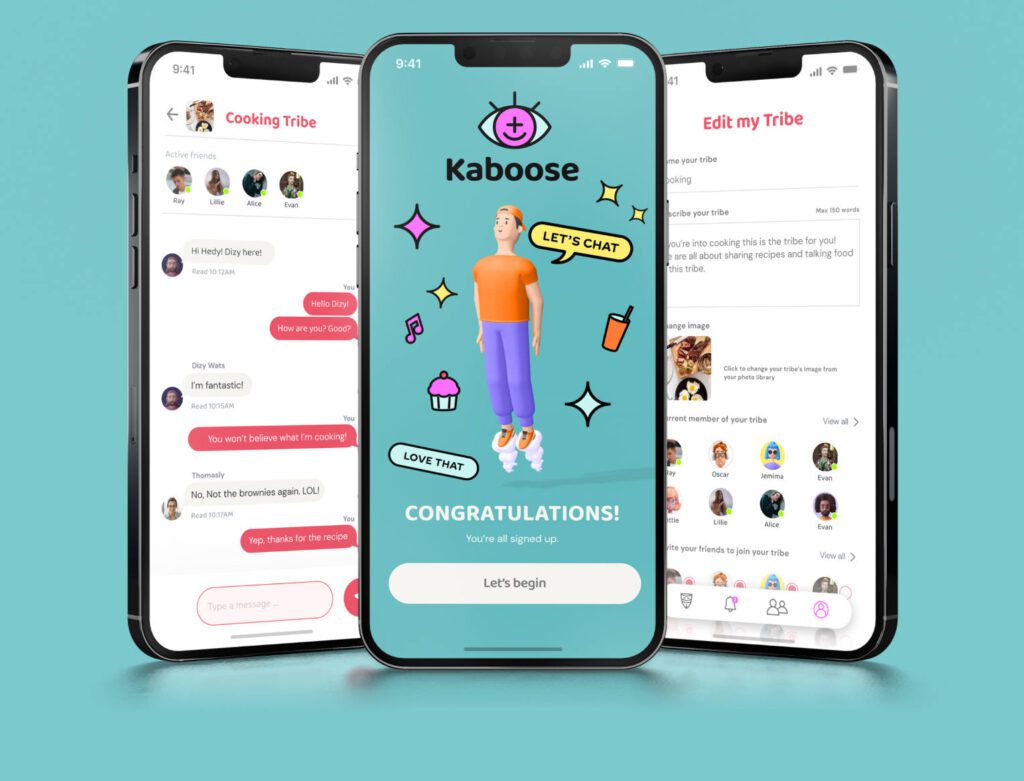Loneliness can lead to devastating outcomes for our neurodiverse kids.
Just last week, my son who has been desperately trying to find his tribe spent the night in ICU, on a ventilator and in a medically induced coma. This came after a week of distress related to loneliness and isolation.
More than one in three young adults aged 18 to 25 reported problematic levels of loneliness, according to a new report from Swinburne University and VicHealth. Overall, one in four young people (aged 12 to 25) who were surveyed, reported feeling lonely for three or more days within the last week. We also know the suicide rate in People with Autism is 6 times greater than those without Autism.
As a parent, it breaks my heart to see my child experience so much pain and suffering because he’s not welcomed or included in social groups. It’s devastating to watch as he tries so hard to be liked, only to be mocked and bullied by kids who encourage inappropriate behaviour and stand by to watch or film the negativity play out. It’s so cruel.
To make the situation worse, most people think the young person is ‘naughty’ or just decided to ‘get rolling drunk’ because it was a fun thing to do. The lack of understanding of loneliness and the impacts on mental health is astonishing. It’s hard to believe after all the media coverage attempting to bring awareness to the topic that we still have such ignorance in our society and often in our homes.
I believe that having a strong network of support around the young person from an early age with people that they can turn to when they are feeling lonely will go some way towards helping this situation. Often these kids are isolated from school and work where friendships can often be formed.
This is why I’m building Kaboose. We’re a safe way for the autistic & neurodiverse community to find and build their tribe.
If you’re interested in learning more about Kaboose, or registering your interest in our next version, please get in touch via our website.
You can read more in ‘the conversation’ article.




